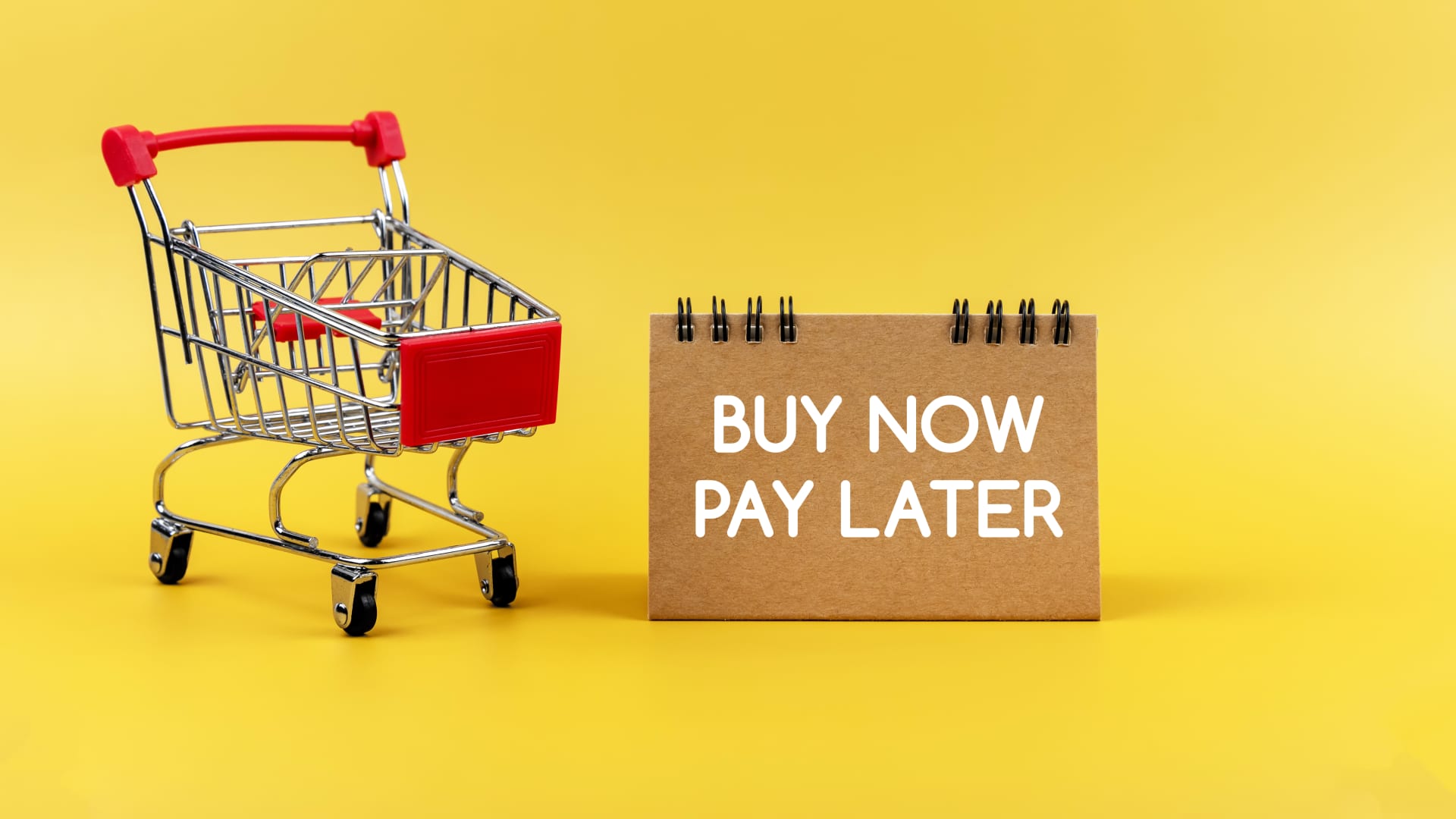The U.S. Consumer Financial Protection Bureau plans to subject “buy now, pay later” lenders to the same vigorous oversight as credit card companies, saying the short-term financing industry harvests consumer data in ways that threaten consumer privacy.
Considered a substitute for traditional credit cards, the buy now, pay later model allows consumers to pay off a loan in a few installments, most commonly four interest-free increments. The service, provided by a host of firms such as Klarna and Afterpay, increased in popularity during the pandemic.
The consumer watchdog, which doesn’t currently regulate the industry, plans to issue guidance to oversee the lenders and subject them to supervisory exams, CFPB officials said.
“Buy Now, Pay Later firms are harvesting and leveraging data in ways we don’t see with other companies,” CFPB Director Rohit Chopra told reporters in a conference call Wednesday. “Through their proprietary interfaces, they can see which products we buy through product placement.”
The bureau also noted the rise in loan approval rates in a report released Thursday after a nearly yearlong investigation. Apparel and beauty merchants accounted for over 80% of usage in 2019 but only 58.6% in 2021 as more consumers used buy now, pay later for services such as travel, pet care, groceries and gas.
More customers are also getting approved for the loans. In 2021, 73% of applicants were approved, compared with 69% in 2020, according to the report.
The bureau outlined several risks to consumers who use buy now, pay later loans, including a lack of consumer protections compared with traditional credit card companies, data harvesting and monetizing customer data, debt accumulation and “loan stacking” — or taking on numerous loans at the same time.
Late fees are also becoming more common. The CFPB found that 10.5% of unique users were charged at least one late fee in 2021, compared with 7.8% in 2020. And adoption of the service is growing across all age groups, according to Chopra.
The CFPB first announced its inquiry into the industry in December 2021.
The bureau can supervise a given buy now, pay later provider under certain circumstances, but licensing of the firms also vary state to state. Chopra has asked the CFPB to take a number of steps toward mitigating dangers associated with the industry, based on the report.
“We want to ensure Buy Now, Pay Later firms are subjected to the appropriate examination just like regular credit card firms,” Chopra said.
The CFPB will determine how the credit card industry is incorporating buy now, pay later features. Staff will also identify customer surveillance procedures that may need to be curtailed, he said.
Overall, the firms will be subject to appropriate supervisory examinations that align with regular credit card agencies, Chopra said, but proposed changes are ultimately the responsibility of individual firms.
“We would leave it to the companies to determine what they think is the best recourse,” a CFPB official told reporters this week.
